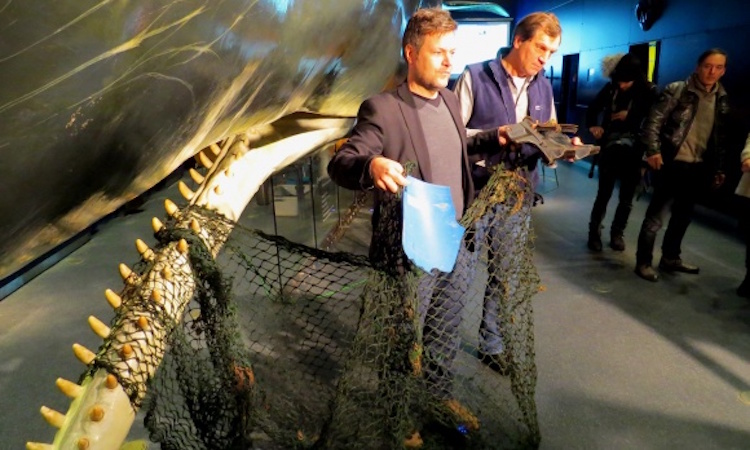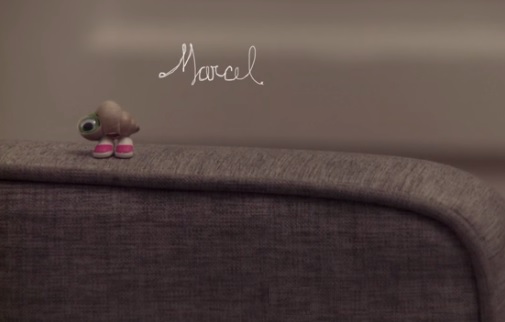Latest News
What Are Exoplanets And How NASA Detects Life Beyond Our Solar System
Bharti Airtel Set To Acquire Telenor India Within This Year
Google Celebrates NASA’s Discovery Of Seven Earth-Like Planets With An Animated Doodle
Some Home Remedies That Might Sound Bizarre But Actually Work Like A Charm
Akshay Kumar Feels He Has Made Enough Money, Now Wants To Focus On Content & Characters
Delhi ATM Dispenses Fake Rs 2000 Notes From ‘Childrens Bank of India’ With ‘Churan Lable’
Adolf Hitler’s Personal Telephone During World War II Is Up For Auction In The US
From Salman Khan To Rekha, Neil Nitin Mukesh’s Wedding Reception Was Quite A Starry Affair
Fishing Net Plastic Car Engine Cover Found Inside Stomachs Of Dead Whales
Admin
03-Apr-2016 13:38:44
Inothernews
A 13 metre long fishing net, a plastic car engine cover, and the remains of a plastic bucket were few of the mysterious wastes found inside the stomachs of sperm whales after post mortem, said press release from Wadden Sea National Park in Schleswig-Holstein, Germany.
As many as 13 sperm whales were washed up near the German state of Schleswig-Holstein earlier in 2016. Till now more than 30 whales have been beached since the beginning of 2016 in UK, Netherland, France, Denmark and Germany. "These findings show us the results of our plastic-oriented society. Animals inadvertently consume plastic and plastic waste, which causes them to suffer, and at worst, causes them to starve with full stomachs," Robert Habeck, environment minister for the state of Schleswig-Holstein told The Guardian. However, Ursula Sierbert, head of the institute for Terrestrial and Aquatic Wildlife Research at University of Veterinary Medicine, Hannover, believes that the marine litter was not the only factor that caused the stranding. Her team had conducted the post mortem. The researchers suspect that the whales died because they accidentally ventured into shallow seas. The beached whales were young males between the ages of 10 and 15, and the post mortem revealed that they died of heart failure. The team believes this particular group mistakenly swam into the North Sea, a shallower zone in between the UK and Norway. There the whales could not support their own body weights, and their internal organs collapsed. Right now, no one has an exact theory on why so many sperm whales had showed up at North Sea.
Siebert said that if the whales had survived, the garbage might have caused digestive problems. The corpses of the animals were in decent shape along with the debris, the scientists found thousands of squid beaks in the whales’ stomachs. However, Hal Whitehead, a whale researcher at Dalhousie University in Nova Scotia, Canada pointed out that the garbage may not have played a deadly role for these whales as he believes that the plastic debris in their stomachs is a horrible indictment of humans as per a report by the National Geographic.





